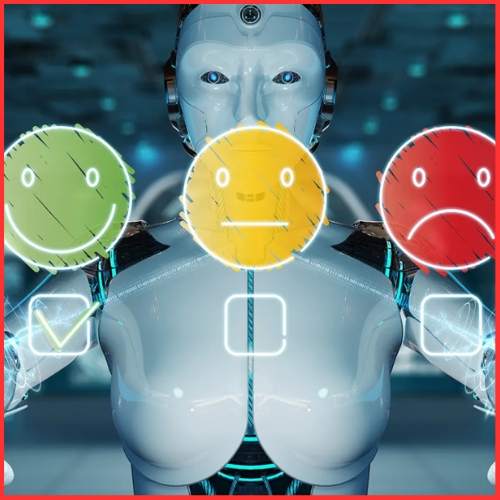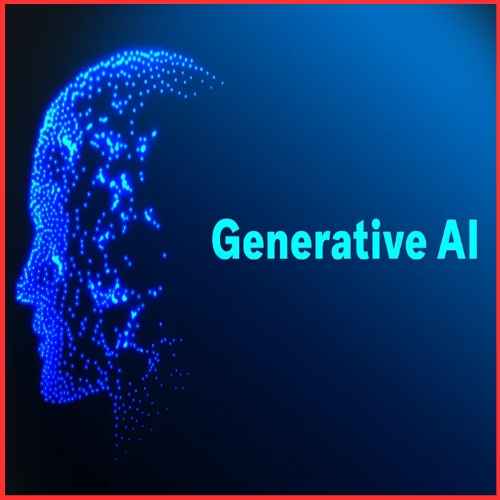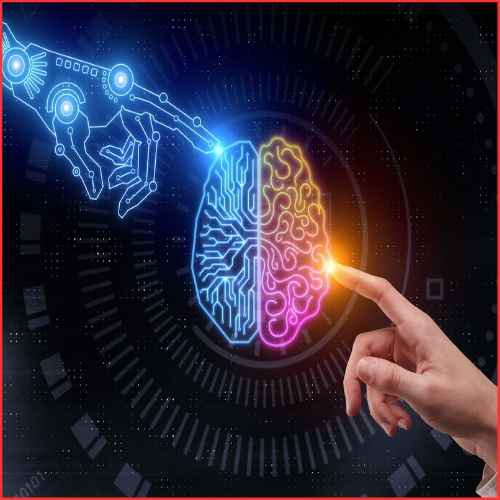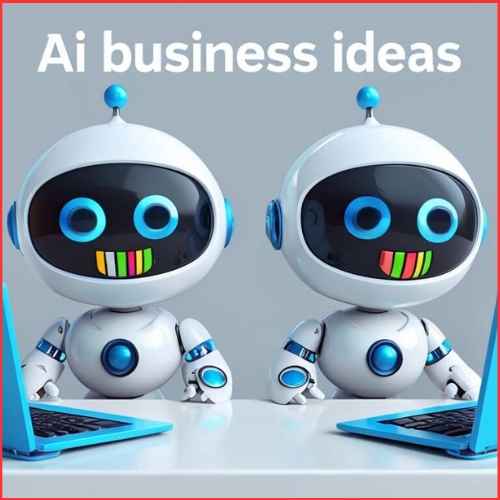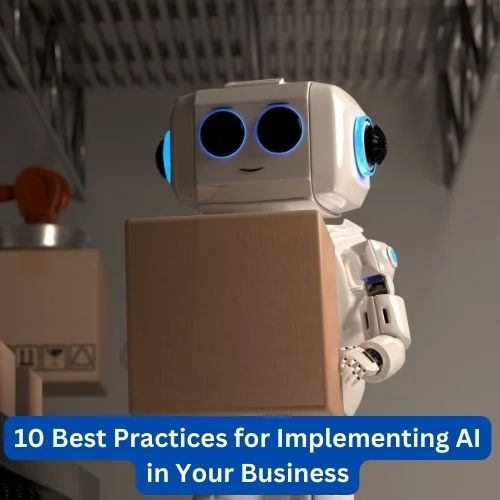According to a study by tech giant IBM, artificial intelligence (AI) is being actively used by about 59% of enterprise-scale organizations in India with more than 1,000 workers.
In the last 24 months, 74 percent of these Indian businesses have increased their AI expenditures in areas like staff reskilling and research and development.
The study is released at a time when there are still obstacles to AI adoption, such as finding workers with the necessary skill sets and moral dilemmas.
According to the survey, firms will prioritize removing inhibitions resulting from developments driven by artificial intelligence (AI) by 2024. For example, creating a strong AI governance structure and equipping individuals with the necessary abilities to work with AI.
According to the poll, around 6 out of 10 information technology (IT) experts working for large companies say their organization is actively utilizing generative AI, and an additional 34% are looking into it.
The desire to automate critical operations and cut costs, the advancement of AI technologies, and the growing amount of AI integrated into commercial products that are readily available off the shelf are the main drivers of adoption.
The businesses that employed technology to solve labor or skill shortages stated that they are using artificial intelligence (AI) to automate customer self-service responses and activities as well as eliminate manual or repetitive chores with automation technologies.
According to the research, 46% of employers are presently retraining or educating staff members to use new automation and artificial intelligence capabilities.
Artificial intelligence is the result of several technologies collaborating to give robots the ability to see, understand, act, and learn at levels of intellect comparable to that of humans. Artificial intelligence (AI) isn’t simply one thing, which may explain why it appears that various people have varied definitions of it.
The field of artificial intelligence includes technologies such as natural language processing and machine learning. Each is developing on its course and, when combined with automation, analytics, and data, may assist organizations in achieving their objectives, whether they be supply chain optimization or customer service enhancement.
Both popular and scientific cultures have been anticipating artificial intelligence for a long time since it has the potential to revolutionize not just corporations but also the way people interact with technology in general.
AI usage is increasing more quickly than it has in the past due to the explosion of data and the maturity of other advancements in cloud processing and computing capacity. Businesses today have access to an unprecedented volume of data, including dark data that they were previously unaware they possessed. These gold mines are beneficial to AI’s advancement.








